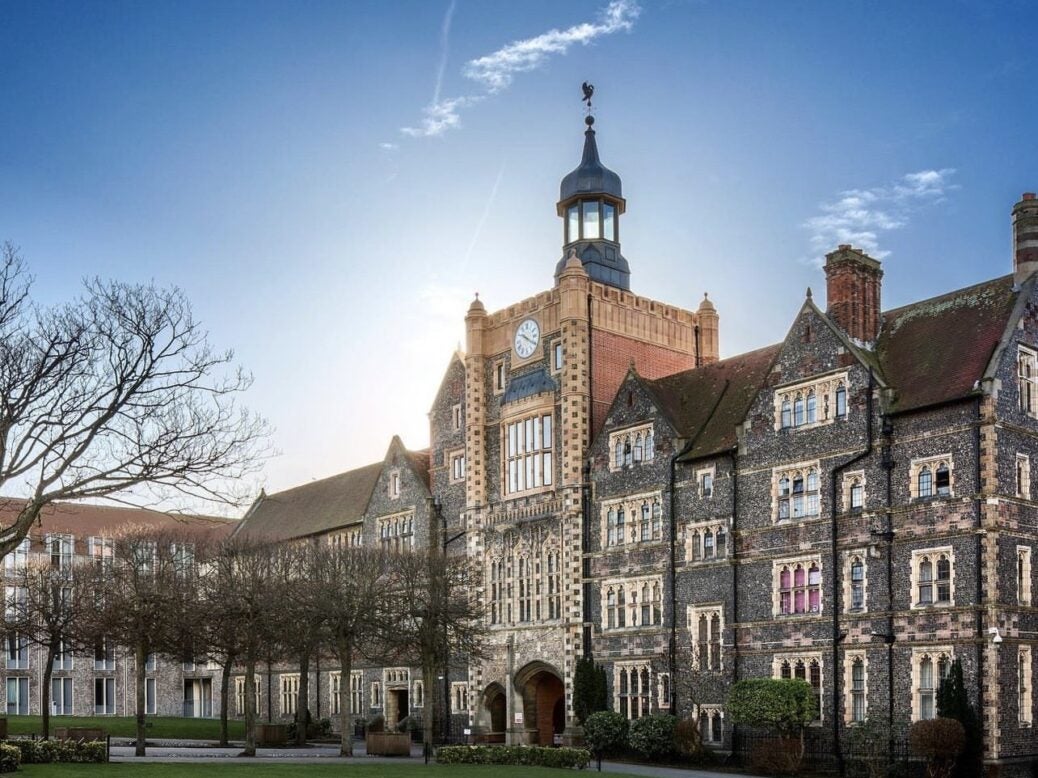
From Westminster School to Eton, the UK’s private schools, more commonly known as independent schools, are still considered among the best in the world. These bastions of British education attract families from home and abroad, with many HNWs citing the quality of schooling as one of driving factors for settling in the UK. But how can parents help their children get into the best private schools?
[See also: The real cost of a private school education]
The majority of leading independent senior schools use entrance exams as part of the application process. Some of these, including Brighton College, require pupils to sit the Common Entrance (CE) examination. Others use independent assessments.

James Mitchell, co-founder of Think Tutors, explains: ‘Entrance exams are very common for the UK’s top independent schools, with the majority having some form of entrance examination. These exams are a crucial part of the admissions process and are designed to assess a range of abilities, including academic aptitude, reasoning skills, and sometimes subject-specific knowledge.’
[See also: How fencing can get your child into an Ivy League university]
The application process might also involve an interview, a report from the current headteacher, and can take into account non-academic factors like a pupil’s sporting prowess or musical ability.
Although leading boys’ schools welcome most new-starters at 13+ (there are more entry points for girls’ schools), the application process begins many years before. In fact, Matthew Goldie-Scot, managing director of Thuso Group, advises parents to begin the process ‘as early as possible’.
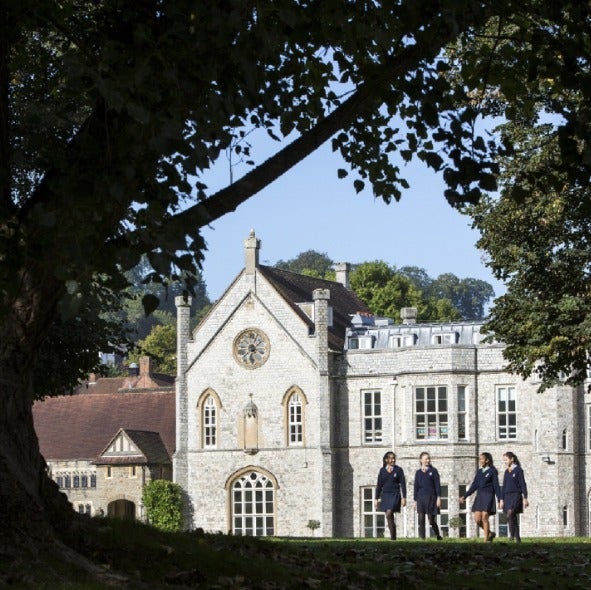
He says: ‘Seek advice as early as possible, and remember that the best preparation for competitive entry to a leading senior school is enrolment in a leading preparatory school. Competition for entry to leading preparatory schools is increasing, so it is vital that preparation begins as early as possible.’
Goldie-Scot also stresses the importance of adhering to deadlines at every stage of the process, and continues: ‘The biggest challenge faced when advising international families in particular is that of missed registration deadlines. Most leading schools will not be flexible on these, they constitute “hard” deadlines.’
So, where to begin? Spear’s reveals what concerned parents and families need to know about securing a place at a leading UK private school.
What is a private school?
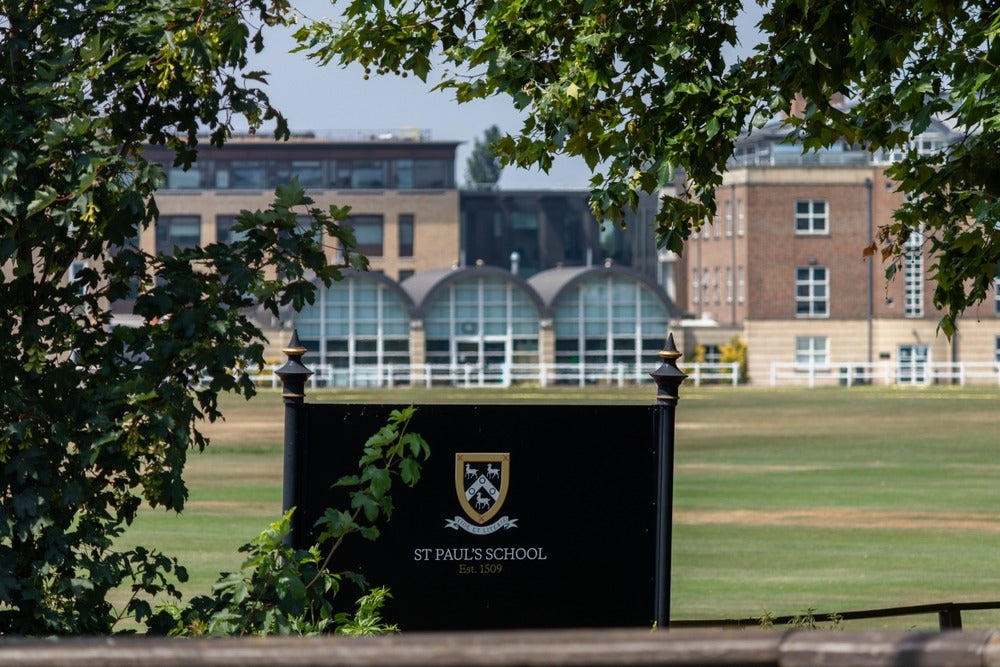
Unlike state schools, which are free to attend, private schools, known more commonly in the UK as independent schools, are fee-paying institutions. They must be registered with the government and inspected regularly, but do not need to follow the national curriculum.
According to the Independent Schools Council, approximately 620,000 children are educated in almost 2,500 independent schools across the UK. This represents around 5.9 per cent of the total number of school-age children in the UK and around 6.5 per cent of the number of school-age children in England.
[See also: VAT on private school fees driving HNW ‘exodus’ from the UK]
The best private schools in the UK have famous alumni, including titans of industry, celebrities and members of the royal family. Marlborough, Westminster and St Paul’s are just some of the leading lights, while Eton has educated 20 of the UK’s 56 prime ministers.
How much do UK private schools cost?

In 2022-23, the average private school fees across the UK were £15,200 (net of bursaries and scholarships) compared to the £8,000-per-annum for state schools, according to the Institute for Fiscal Studies. This represents a 20 per cent real-terms increase since 2010 and a 55 per cent rise since 2003. Despite this, the proportion of pupils educated in private schools has remained roughly unchanged at 6-7 per cent over the last 20 years.
However, the reality is that many UK private schools charge far more. Brighton College, for example, costs £65,000 a year for a full sixth-form boarder.
[See also: Where did members of the British royal family go to school?]
Despite these eye-watering figures, British private schools are not actually the most expensive in the world. The title of the world’s most expensive school goes to Le Rosey, in Switzerland.
The introduction of VAT levy on private school fees
Since January 2025, VAT has been applied to private school fees under a controversial Labour policy. Private schools fear this could drive more students to the state sector, as recent reports show the measure is driving an exodus of HNW families out of the UK.
How to get into private school
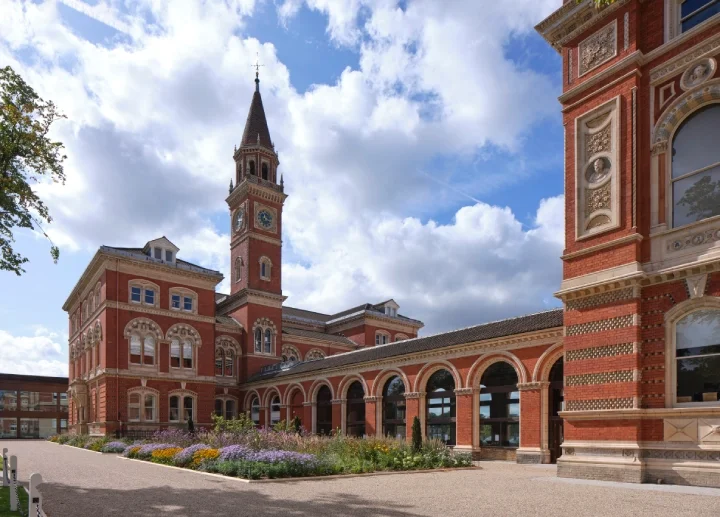
The question of ‘how to get into private school’ is one that many parents might begin to consider many years before their child is old enough to attend. Devoted HNWs who want the best for their children – in terms of teaching, extra-curricular activities and pastoral care – will often do all they can to support their children as they embark on this journey. For families overseas, this might also mean coming to terms with a child leaving to go to boarding school.
Private school entrance exams
The ISEB Common Entrance
‘Common Entrance is an examination set by The Independent Schools Examinations Board (ISEB), used for entrance, or setting, at some senior independent schools, at 11 (usually for girls) or 13,’ explains Goldie-Scot. CE exams are typically taken in the pupils’ current schools, although other schools offer provision if this isn’t possible.
The 11+ Common Entrance assessments cover the core subjects of English, Mathematics and Science. At 13+, pupils are tested on these core subjects, as well as papers in humanities, languages and classical subjects.
Children who attend an independent prep or junior school will most likely be registered for CE. Parents of children who attend a state school can register via the ISEB website. Additional resources including entrance exam past papers can also be found on the website.
The ISEB Common Pre-Test
Although the Common Entrance examination is taken further along in the application process, it is sometimes the ISEB Common Pre-Test that plays a more important role.
These online tests are ‘designed to give senior schools information about prospective pupils’ attainment and potential, to support the application process,’ according to the ISEB. The assessment includes four tests: Mathematics, English (reading comprehension and grammar), verbal reasoning and non-verbal reasoning. This test is typically taken when a pupil is around 11 years old, or in Year 6.
Other entrance exams and scholarship exams
‘Many prestigious public schools, like Eton College, Winchester College and Harrow have their own unique entrance exams, such as the Eton List Test,’ says Mitchell. ‘Preparation for these should be tailored to each school’s specific requirements, often involving past papers (if available) and understanding the format and types of questions asked.’
Start by choosing the right prep school
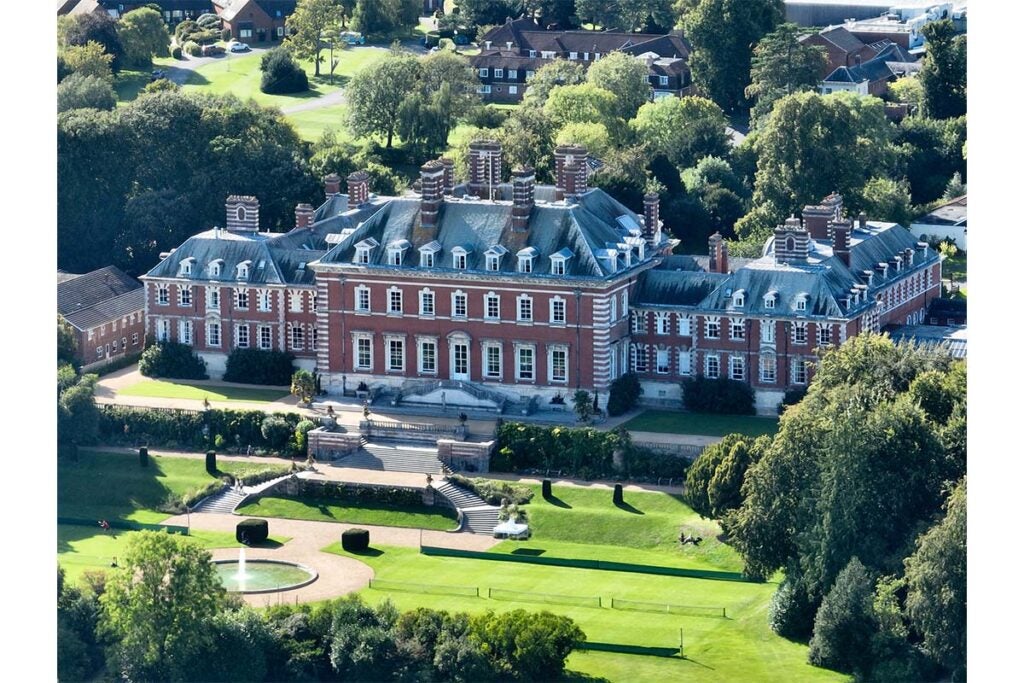
Regardless of which entrance examination a child has to take, it is extremely helpful to have the support of a preparatory school that is familiar with the process.
Goldie-Scot explains: ‘These schools have a long history of serving as “feeders” to leading senior schools, know the system well, and will offer expert guidance to parents and pupils.’
‘A capable educational consultant (not an agent) can also provide impartial advice, and capable tutors can support in preparing for the examination. Though, if a good preparatory school has been selected, much of the preparatory work should be undertaken there.’
[See also: The best UK Prep Schools]
Mitchell emphasises the important role families play, adding: ‘Parents can help their children prepare for the Common Entrance by ensuring they are familiar with the syllabus content, providing support with revision, and engaging a tutor for additional guidance and specific examination preparation. Encouraging regular study habits and managing stress are also key.’
Other factors to consider when applying for private school
Although academic potential is important, it is not the only consideration. ‘A wide range of factors, including sporting prowess, musical ability, character, and (significantly) the report from the headteacher at the pupil’s existing school’ can all play an important part in the application process, according to Goldie-Scot.
Mitchell agrees: ‘A common misconception is that admission to these schools is solely based on academic performance. While academics are important, schools also look for well-rounded individuals with a range of abilities in sport, music, art and who can contribute to school life.
‘Besides academic ability, schools may consider factors such as extracurricular achievements, personal character, and potential contributions to school life. Interviews and reference letters are also important components of the application process.’
He also stresses the importance of selecting an independent school that is the right fit for an individual child. ‘It’s crucial for parents to choose a school that aligns with their child’s strengths and personality,’ Mitchell continues. ‘Visiting schools and speaking to current students and staff can provide valuable insights. Moreover, it’s important to manage expectations and support children emotionally through the process.’
How to get into Eton
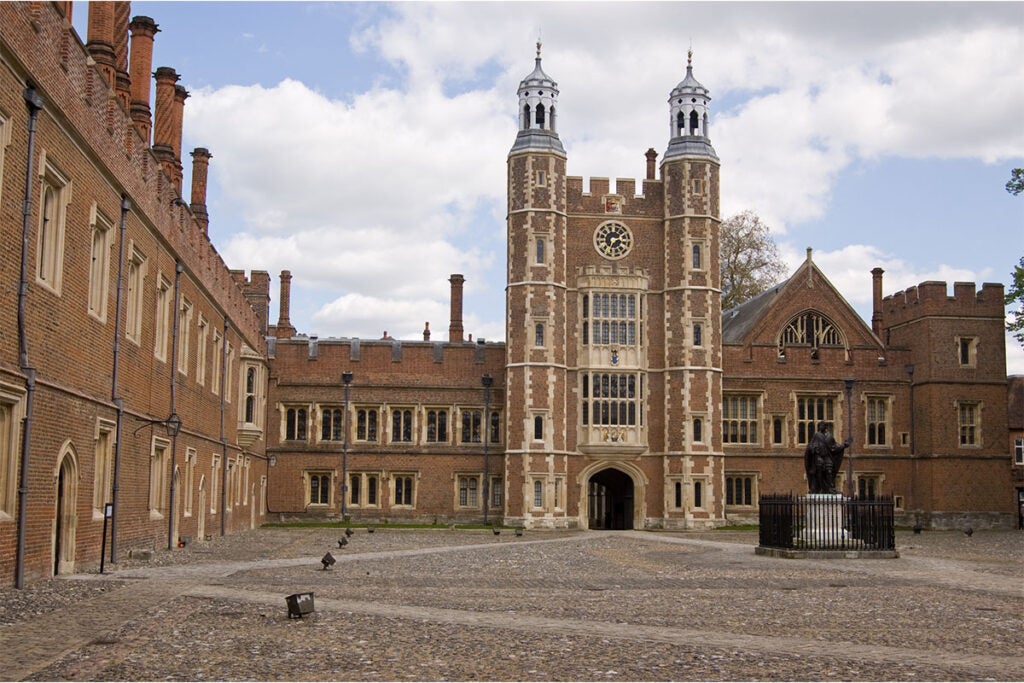
The first thing families must know about how to get into Eton College is that the application process is extensive – and starts early. Matthew Goldie-Scot explains the process in brief to Spear’s:
Registration
This is a formal application to enter the school, and requires payment of a non-refundable registration fee, and submission of a birth certificate – this must be undertaken no later than the 30 June in the United Kingdom academic year in which the boy in question reaches the age of 10. (This is usually the equivalent of Year 5 in the UK).
[See also: Profile: Eton college head master Simon Henderson’s ‘woke’ revolution]
Pre-selection
For most boys, the main selection point takes place when they are around 11 years old (Year 6), after which a conditional place is offered (while such offers are conditional, this comprises the main selection point, very few boys fail to meet the conditions of their offer).
This initial assessment comprises the ISEB (The Independent Schools Examinations Board) Common Pre-Test, taken in October or November, either at the boy’s preparatory school, or at an alternative examination centre agreed with Eton.
In addition, Eton requires a report from the headteacher of the boy’s existing school, providing details of academic strengths, character, and interests. The latter can play a significant role, and a number of preparatory schools have established themselves as strong ‘feeders’ to leading senior independent schools (for example, Summer Fields School sends a significant number of boys on to Eton).
Following this, boys who have performed sufficiently well progress to ‘Stage 2’ assessments at Eton itself.
These comprise an ‘Assessment Day’, which includes a further (computer-based) test of academic potential, as well as an individual interview.
Offers
Following this, there are three potential outcomes: a conditional place; a waiting list place; or no place offered.
Boys placed on the waiting list will be interviewed for a subsequent reassessment the following year.
Boys with conditional places will, in most cases, qualify on the basis of success in Common Entrance. Some boys may also sit for Scholarship Examinations (most notably the King’s Scholarship), or (rarely, for boys in the state sector) ‘Eton Entrance’.
If successful, the pupil joins Eton the September after his 13th birthday.
How hard is it to get into Eton?
In short: Very. Each year, around 1,300 boys apply for one of 120 places.
How to get into Harrow
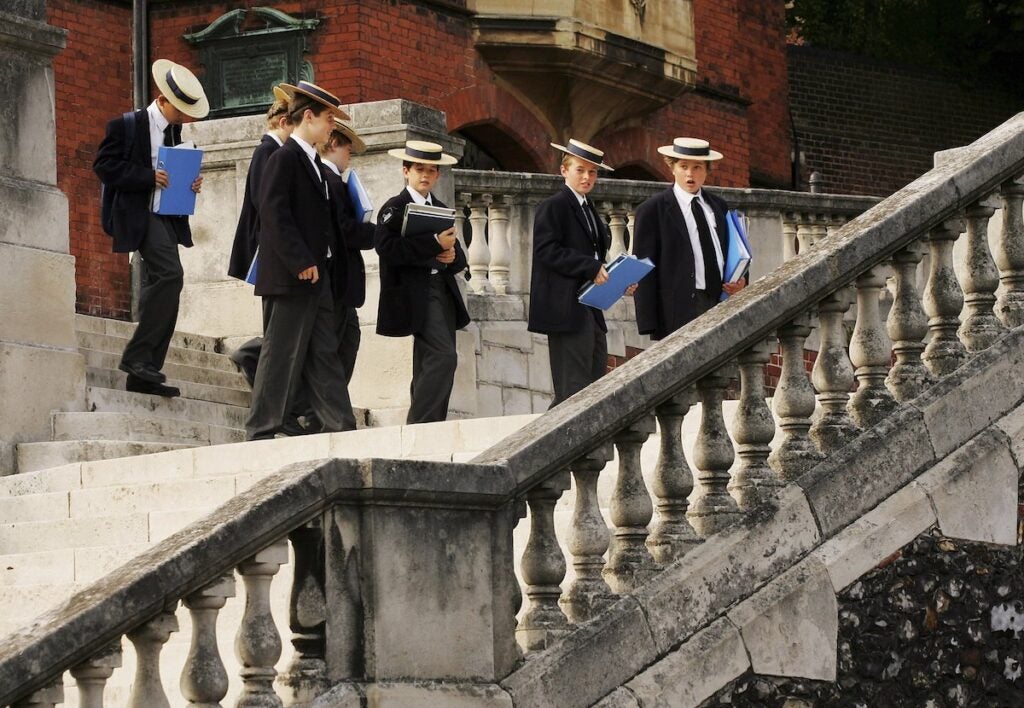
Harrow follows a similar model to Eton College, although there are a few variations. Like Eton, pupils hoping to join Harrow in Year 9 must register by the end of Year 5.
[See also: Harrow School: Still way ahead of the game]
Once again, Year 6 is a key time in the application process. Firstly, a reference must be sent from the applicant’s current school early in the autumn term. All applicants must also sit the ISEB Common Pre-Test this term.
The Harrow entrance exam
If an applicant passes the ISEB Common Pre-test, he will be invited to sit the Harrow Test in the spring term of Year 6. The school explains: ‘The Harrow Test consists of one 20-minute interview with a House Master, a computerised English, Maths, verbal reasoning and non-verbal reasoning assessment (one hour in total) and a classroom-based group activity (20 minutes).’
[See also: Harrow to open Abu Dhabi’s first-ever boarding school]
Offers for Harrow
In late April/early May, an applicant receives one of the following results: A1 List, the offer of a place in a specific house; A2 list, the offer of a place with a house still to be confirmed; B List, waiting list; C list, no offer.
[See also: Are elite boarding schools still a good return on your investment?]
Like Eton, all offers are subject to sitting either the Common Entrance or Academic Scholarship examinations in Year 8.
How hard is it to get into Harrow?
There are typically 600 applicants for 160 places at Year 9.
How to get into Brighton College
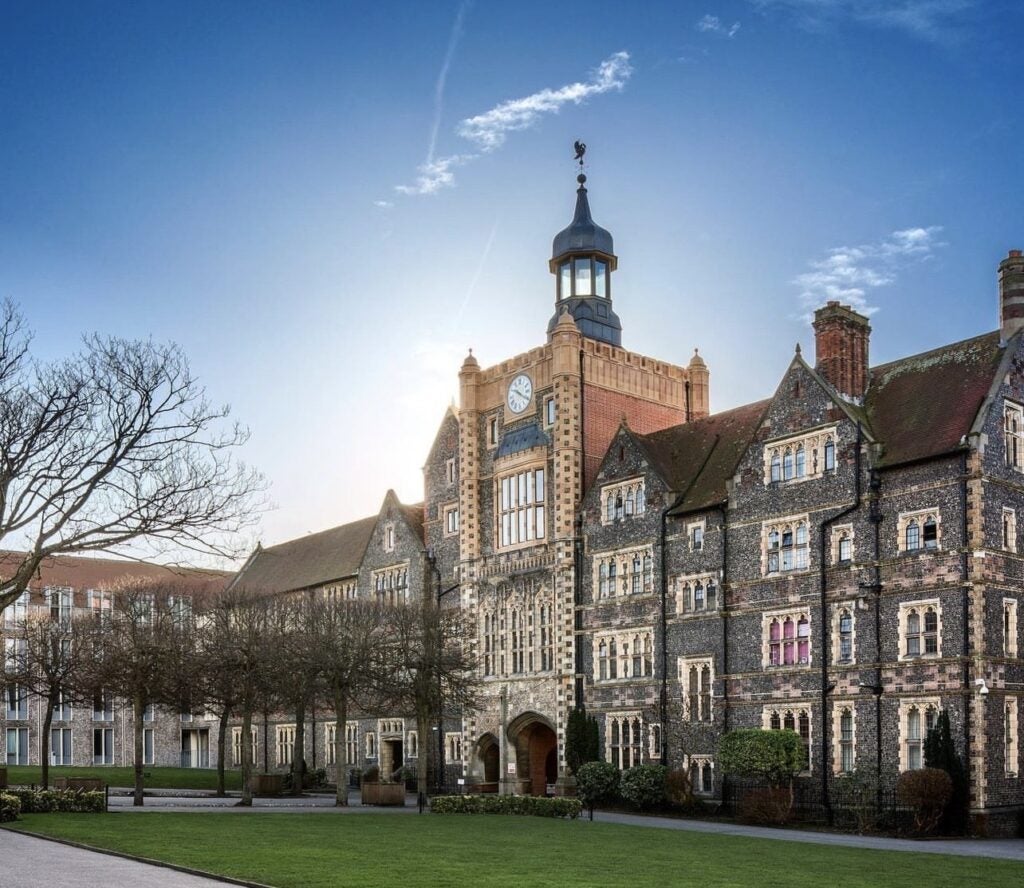
Again, the process for applying to Brighton College is similar to that of Eton and Harrow, although this leading independent school is co-ed.
The admissions process for Year 9 (the main entry point for the college) begins in Year 6 with the ISEB Common Pre-Test assessments.
‘Children successful at this stage will then be invited to an orientation day in the spring term,’ the school explains. ‘This involves assessments and interviews, but most importantly will give your child a chance to get to know the College through a day of exciting lessons and activities.’
[See also: How Brighton College manages to excel in academics, the arts and sport]
Offers for Brighton College
Pupils who are successful and have been accepted will be notified by the beginning of January in the child’s Year 7 spring term. At this point the applicants are invited to a taster day and are later given the opportunity to meet the headteacher.
Like Harrow and Eton College, Brighton College offers are conditional on successful performance in the Common Entrance or Academic Scholarship examination.
Is it hard to get into Brighton College?
It is understood there are three or four applicants per Fourth Form place at Brighton College.
How to get into Westminster School
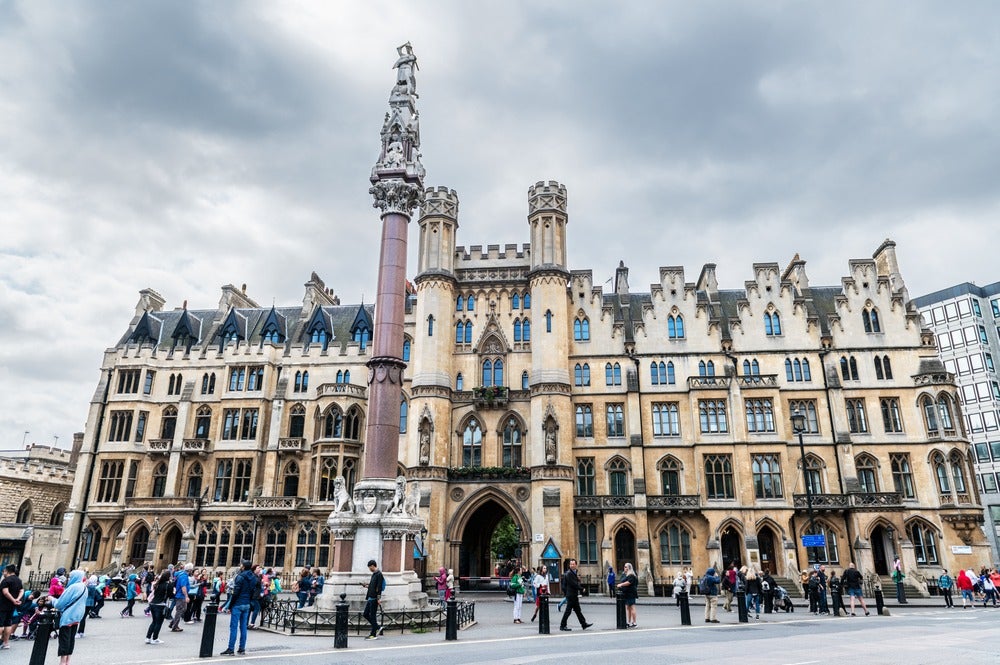
Westminster School welcomes around 125-130 boys at Year 9 (Fifth Form). Just under half of this number come from Westminster Under School. (This is the process for boys who can join the school from 13+, there is a separate process for boys who wish to join Westminster Under School from 11+).
Again, the process for the 13+ application begins with registration in Year 5. This closes on 30 September of Year 6. Parents are encouraged to bring their sons for a visit at this stage, to check if the school will be a suitable fit.
Westminster School entrance exam
Pupils are asked to take the ISEB Common Pre-Tests in Mathematics, English and Reasoning during October or November of Year 6. Scores are adjusted to take account of a child’s date of birth. Westminster says it also attaches ‘great importance’ to the report received from a child’s current school.
[See also: How to get your child into Oxbridge: the definitive guide]
In mid-December of Year 6, pupils successful in the ISEB Common Pre-Test are invited for an interview. The school explains: ‘The interview stage comprises further tests in Mathematics and English (40 minutes each) in early January, followed by a separate interview scheduled in January / February.’
Offers for Westminster School
Unlike some other leading private schools, Westminster offers unconditional places once all aspects of the application have been considered.
The school explains: ‘The decision to offer a boy an unconditional place means that it is believed he will be able comfortably to achieve the standard required for entry to the School when he is 13, while also enjoying a broad and varied education.’ This is made on the expectation of ‘continued good conduct and academic progress’. The current school must provide an ‘unreserved reference of support’ as a final seal of approval in March of Year 8.
Is it hard to get into Westminster School?
There are around 500 applicants for the 125-130 Fifth Form places at Westminster School.
Applying for girls’ schools
Goldie-Scot explains: ‘In Girls’ schools, practices vary, and many admit pupils at a wider range of ages, i.e. 11+, 12+, and 13+, generally on the basis of an assessment day, including an interview (again, generally following registration), a report from the headteacher of the girl’s existing school, followed by the ISEB Common Pre-Test.
‘Offers are made to candidates with strong scores, a good performance during their assessment day, and solid recommendations from their existing school. Some girls’ schools use Common Entrance for setting purposes rather than for entry. More selective schools may ‘sift’ applications with a pre-test, and most schools will also offer scholarship examinations. Some schools make use of their own entrance tests.’
[See also: Revealed: the best citizenship options to secure your child’s future success]






